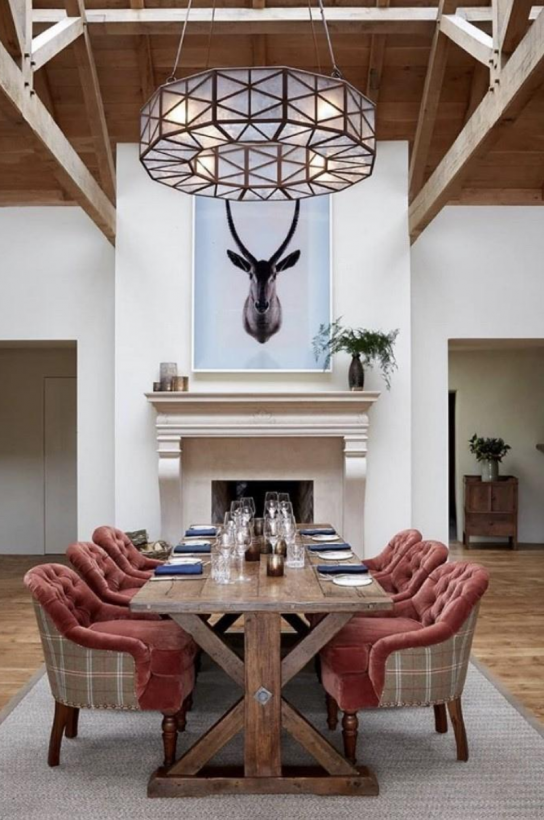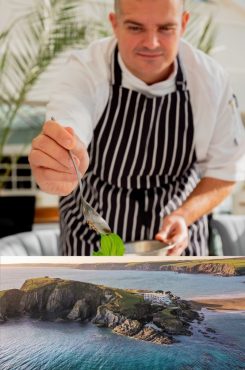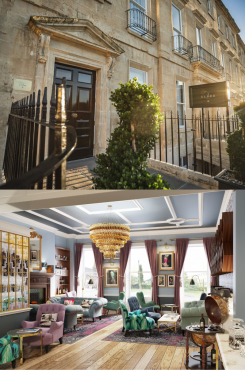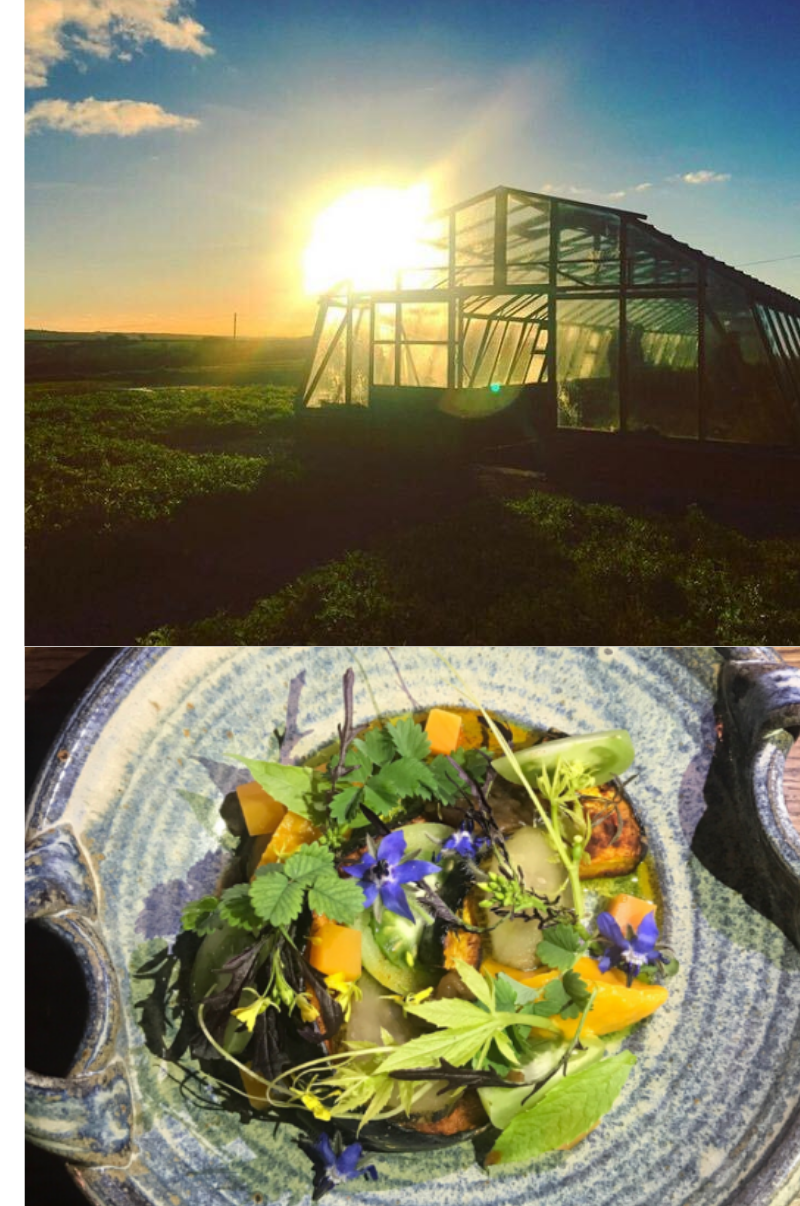
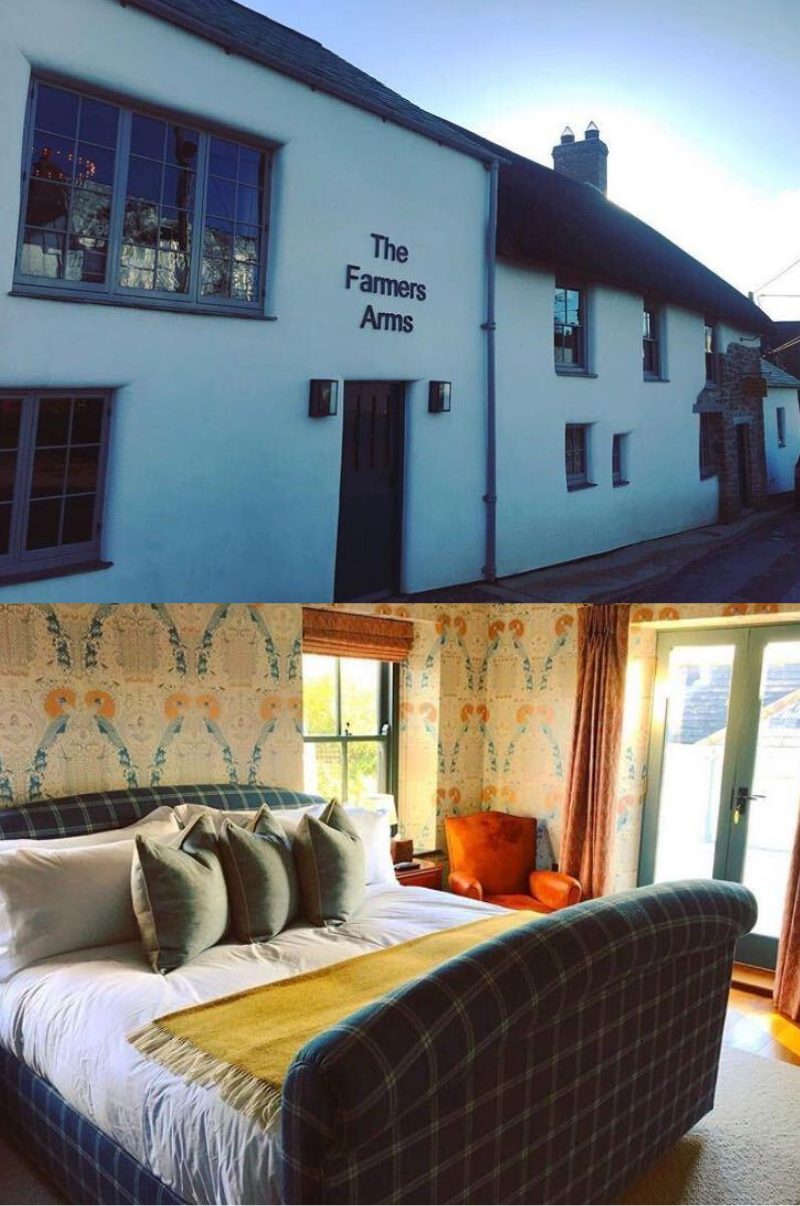
In the latest of our staycation series, CODE’s Harriet Prior remembers her visit to The Farmer’s Arms in the small town of Woolsery, Devon.
I haven’t heard much about now defunct social networking site Bebo in years. So, it took me by surprise when I discovered that Bebo founders and tech entrepreneurs Michael and Xochi Birch, who now reside with their small fortune in San Francisco, are investing £300 million into restoring a small countryside town named Woolfardisworthy. Suffering a similar fate to many across the country, the village had become almost entirely neglected, with the pub unused for years.
Queue Michael and Xochi Birch: Michael’s ties to Woolsery date back to his childhood, with his grandmother born above the village shop. When he was informed that the derelict pub building was for sale, he couldn’t let the opportunity to bring it back to life pass him by. Upon chatting with project manager Emily Harmon, it soon becomes clear that the couple’s motivation for doing so is by no means financial. “They’re never going to make their money back” she admits, rather they simply want to give back to a community with a special place in their hearts. And so, The Woolsery Project was born.

Late last year, I took a trip to go and see the project myself. After a long train, bus and taxi journey from London Paddington, we pulled up outside The Farmer’s Arms pub. From the outside, it all seems rather unassuming. Yet as soon as you step foot in the door, you know you’ve entered something special. A short tour reveals that The Farmer’s Arms is split into two areas, a casual pub and a high-end restaurant with chef Ian Webber at the helm.
Former head chef at Michelin-starred Gidleigh Park Hotel in Devon, Webber puts the spotlight on local ingredients and balanced flavour combinations. And the ingredients don’t come much more local than this, as just a short walk from the restaurant you’ll stumble across the project’s 70-acre farm. The plan is for the farm to be pedestrian friendly, so members of the public and guests can receive first-hand lesson in sustainable and organic produce. Whilst having a tour around the farm that afternoon, two of the sous-chefs appeared to collect the ingredients for dinner that evening, epitomising farm to fork dining.
Having just wandered around the gardens, I opted for a veg-heavy meal. I started with autumn squash alongside green tomato and paprika, before moving on to foraged mushrooms served alongside wood fired leek, pickled cauliflower and lemon thyme. Whilst the ingredients sound simple, the taste of the food was anything but, with every element clearly well thought through – Emily shared they have a full-time member of staff dedicated to pickling vegetables.
After spending a night in one of the guest houses which will open to the public next year, the following day we stopped by the pub for lunch. With its low ceilings and authentic reclaimed oak and beamed ceilings, the pub is both cosy and rustic. Designed by Hannah Lohan interiors, the design evokes the feeling of a traditional pub with a modern twist.
When complete in 2021, the village will feature the already opened pub, restaurant and fish & chip shop, alongside four guest cottages and 17-bedroom hotel located in a manor house, complete with second restaurant. Above all, the project reminded me how important the reemergence of village life is. Sure, most don’t have a couple willing to invest millions into redevelopment, but a bit of attention and care can go a long way. I’m already planning my next visit to the see the project in all its glory…
CODE was a guest of The Woolsery Project.
To find out more about the project, visit the website here
For more travel articles, click here
